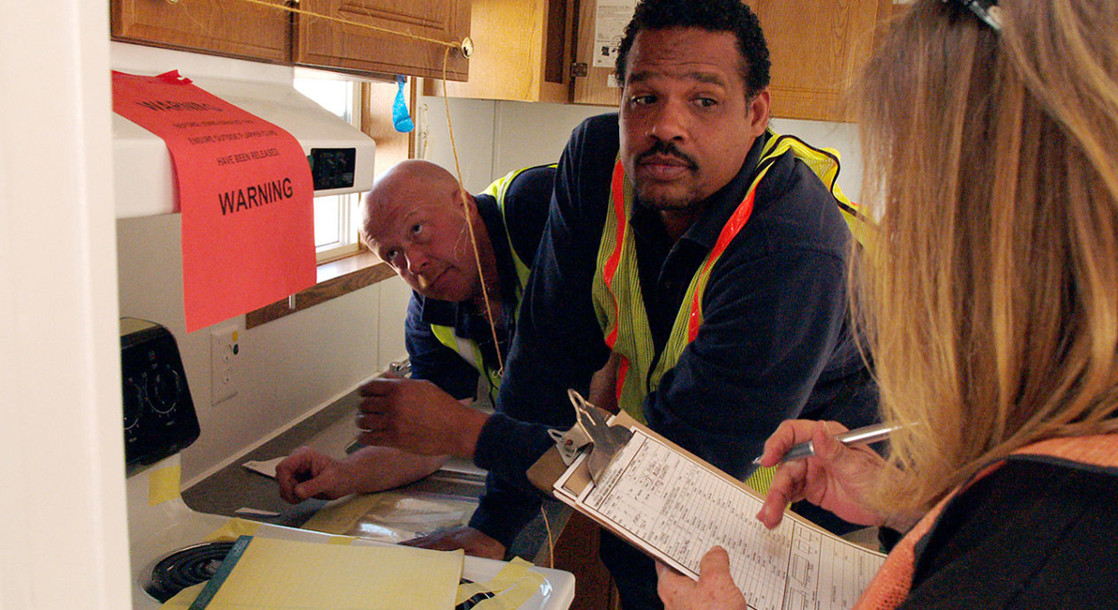Image via Wikimedia Commons
The Maine Department of Health and Human Services released new rules this week governing the state's medical marijuana program, but a new requirement that patients and caregivers alike must submit to government inspections has raised the hackles of the state's medical cannabis industry, reports the Portland Press Herald. The department did not release a press statement explaining the changes to their regulations, leaving it up to concerned parties to read the rules for themselves to discover the new policies.
The regulations also tighten up several aspects of the state's MMJ program, setting requirements for patient designations, caregiver and dispensary recordkeeping, and written certifications. The regulations also set up a system for monitoring and enforcing compliance for caregivers and companies operating in the state. DHHS spokesperson Emily Spencer said that the department has been working on these rules for over a year, and have incorporated changes to the MMJ program passed by state legislators over the past two years.
One of the most alarming elements of the new regulations is a requirement that caregivers must submit to unannounced inspections. These inspections will be conducted by either a Maine Center for Disease Control & Prevention inspector or a contracted worker, who could be a former law enforcement agent. Caregivers who refuse to grant immediate entry to an inspector may be arrested, fined, or have their license suspended. Even medical cannabis patients will have to submit to inspections under the new rules, although they will be given one day's notice.
“This is a really big change in the way the state handles caregiver compliance,” cannabis attorney Matt Dubois told the Portland Press Herald. “It is a big invasion of privacy for the small caregivers growing in their home. It means that they have to be ready to open their door, at any time of the day or night, because they are growing medicine for sick people. That can make every knock at the door feel very intimidating, make them feel like criminals when they’re not.”
The new regulations also call for caregivers to fill out “trip tickets” that document every individual cannabis delivery to a patient. Caregivers must record the identification number of every patient, the exact kind and amount of cannabis that is delivered, and the time and date of the delivery. Dubois said that this extra work will increase delivery costs and increase the risk of noncompliance for caregivers if they make a mistake on their tickets.
Dubois believes that the trip tickets “will discourage caregivers from traveling,” which will in turn “put medicine out of reach for some low-income or disabled patients, or those who live in rural areas.” Between the extra work required to constantly update their trip tickets and the constant worry of having an inspector show up at one's house at any time, the job of being a cannabis caregiver in the state will become much more unpleasant, which may discourage participation in the industry. Patients themselves may be discouraged from participating over concerns of having government officials inspecting their private homes.
The rules do not go into effect until February 1st, which allows caregivers and canna-businesses 90 days to prepare for the new requirements. Spencer said that the health department's “intention was to provide sufficient time for the community to evaluate and modify any of their current practices to remain in compliance.”











